Solving problems, cultivating understanding.
The Peak School prepares students for the rigors of college level mathematics by emphasizing problem solving abilities.
Students are encouraged to efficiently solve problems without the use of technology in order to build their skill sets for more complex real world problems. While Peak emphasizes traditional problem solving, you are exposed to technology via graphing calculators, computer based simulations, and web-based graphing applications.
For students that elect to explore higher level mathematics courses such as Statistics or college level Algebra, The Peak School partnered with Colorado Mountain College—our local community college. Peak works with you to personalize your class schedule based upon course offerings at Colorado Mountain College.
Foundations in Mathematics
Foundations Math focuses on building a solid foundation in mathematical concepts through the exploration of: number systems and operations, rates and ratios, equations and inequalities, geometry, and data collection and analysis. Throughout each unit of study, students practice using fractions, decimals, and positive and negative numbers. In addition to building mathematical fluency, this class focuses on how to apply these skills to real-world applications.
Pre-Algebra I
Pre-Algebra prepares and introduces students to the following concepts; single and multi step equations, inequalities, graphs & functions, percents, probability, area & volume and basic geometric concepts including right triangles. This course is divided into 12 sections which will be presented throughout the year, each building upon the previous.
Pre-Algebra II
Pre-Algebra II will build on the concepts introduced in Pre-Algebra I, with a focus on single and multi-step equations, distributive properties, graphing, fractions and decimals. Since this class will progress faster than the Pre-Algebra I class, students can also expect to study slope, linear equations and solving systems of equations to prepare for future math courses. Students will engage in game-based and project-based learning to build on their mathematical literacy.
Algebra I
Algebra I is designed to give students the requisite skills that provide a foundation for all future mathematics courses. Students write and solve equations and inequalities, explore functions, and manipulate polynomials and quadratic equations. In addition to learning how to solve for a variable, students practice graphing linear and quadratic functions by hand and using a calculator. Students are challenged to connect mathematics to real-world issues and find ways to solve complex problems using the language of algebra.
Geometry
Geometry includes an in-depth analysis of plane, solid, and coordinate geometry as they relate to both abstract mathematical concepts as well as real-world problem situations. Topics include geometric reasoning, parallel and perpendicular lines, triangle congruence, properties and attributes of triangles, polygons and quadrilaterals, similarity, right triangles and trigonometry, spatial reasoning, circles and probability. Emphasis will be placed on critical thinking skills as they relate to logical reasoning and argument.
Algebra II
Algebra II picks up where Algebra I and Geometry left off. Advanced algebraic skills such as quadratic functions, higher order polynomials, exponential & logarithmic functions, probability, and trigonometric functions. This course is divided into 12 sections, each building upon the previous. Students are encouraged to connect the concepts of Algebra II to their everyday lives to reinforce the important concepts of this mathematical discipline. The use of graphing utilities are taught and encouraged throughout the year.
Pre-Calculus
Pre-Calculus covers topics in Algebra ranging from polynomial, rational, exponential, logarithmic and trigonometric functions as well as analytic trigonometry, the law of sines & cosines, systems of equations & inequalities, conic sections and analytic geometry in preparation for Calculus. This course is divided into 11 sections, each which builds upon the previous section. Real world applications are stressed throughout the course with opportunities to connect Pre-Calculus concepts to their everyday life. The use of graphing utilities are taught and encouraged throughout the year.
Calculus
Calculus reviews the major principles in Algebra before introducing derivatives and integral calculus. This course follows much of the same curriculum as AP Calculus AB but at a slower pace so students may gain a thorough understanding of these concepts. Limits are used to develop the foundational skills of the derivative and then applied to the topics in Physics and Chemistry. The fundamental theorem of calculus is used to develop the idea of integration and students use this idea to calculate area, volume, and arc length for various shapes and solids. The use of graphing calculators and online mathematics applications is stressed throughout the course.
“Small class sizes allow me get the one-on-one support that I need.”

